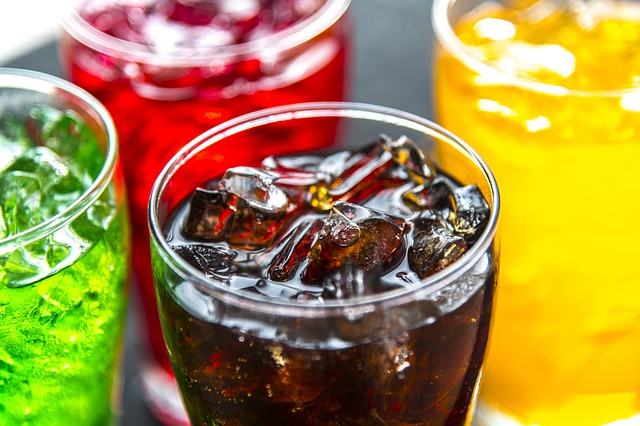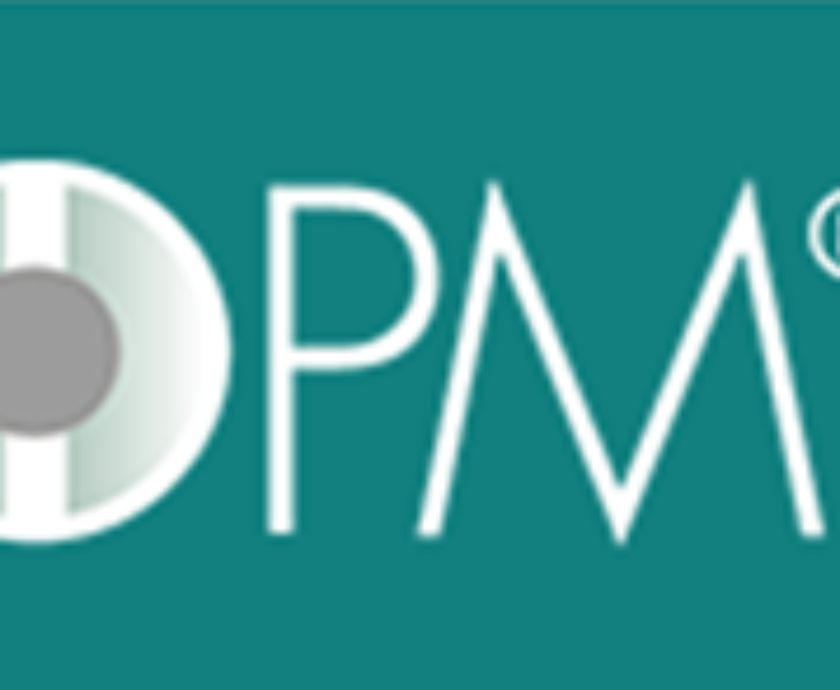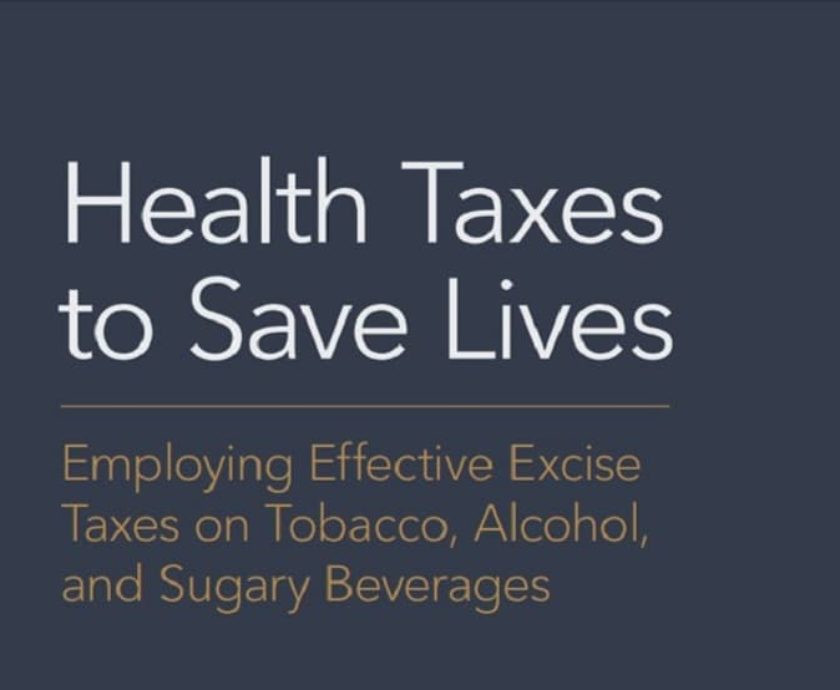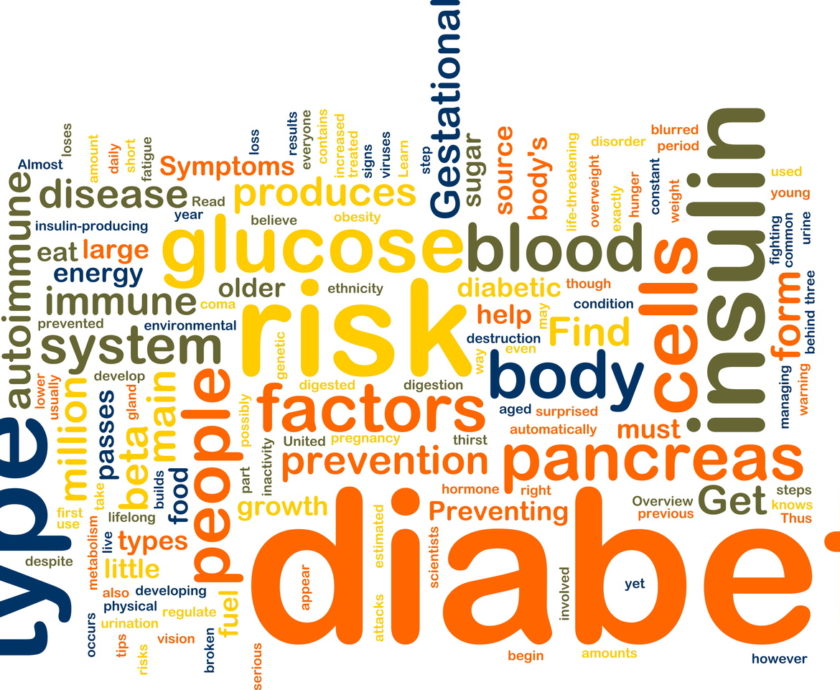In April 2018, the UK Government introduced their sugar sweetened beverage (SSB) tax. Drinks containing 5-8g per 100 ml of sugar are now taxed at a rate of 18p per litre and drinks containing over 8g per 100 ml are taxed at a higher rate of 24p per litre. The tax is applied to all manufacturers and to date 457 companies are registered to pay this tax.
The tax has been successful in two regards. Firstly, in the run-up to the introduction of the tax many manufacturers reformulated their drinks to reduce the amount of sugar they contain to avoid paying the tax. This included supermarket giant Tesco’s who, in 2016, reduced the sugar content of their soft drinks to below 5g per 100ml. Other brands who have reduced the sugar content of their products include Ribena, Fanta and Lucozade. Some brands, such as Coca Cola have decided not to reformulate their products as they are concerned about losing their customers. This means that in the UK the price of a can of coke has increased by 8p and a large bottle of coke by 50p.
The second success of the sugar tax is the revenue that has been raised. In the first six months of the tax being introduced £154m was raised. The money raised from the sugar tax will be used to double the funding available to primary schools for PE and sports programmes to support healthier, more active, lifestyles in children. The funding will not only go towards expanding PE and sports programmes but to also expand breakfast clubs in primary schools ensuring that children have access to a healthy breakfast every week day.
Islands states throughout the Caribbean are considering introducing a SSB tax and it is hoped that the recent success of the UK and other countries like Mexico will provide Governments with the evidence of the impact of a SSB tax.












